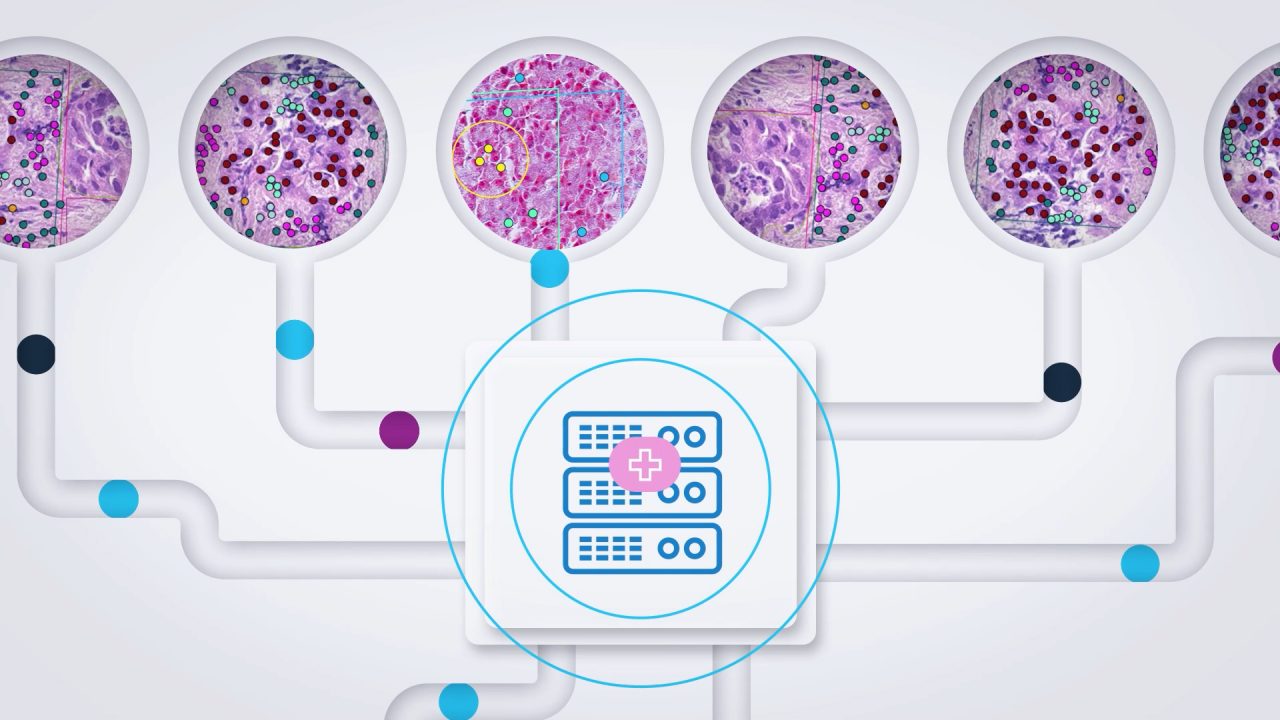
The role of video in health literacy
In an age of rapid digitalization, the potential of video content as a tool to enhance health literacy cannot be underestimated. Video-based educational interventions, by visually explaining complex health issues, are revolutionizing the way people understand and make informed decisions about their health.
The Visual Advantage
The power of visual information is profound. The adage 'a picture is worth a thousand words' rings especially true in health education. Complex medical terminologies and abstract concepts can be difficult to grasp for many people, potentially leading to misunderstandings and mismanagement of health conditions. However, videos, with their dynamic visual and audio components, have the ability to simplify these complexities and convey vital health information effectively.
Evidence-Based Effectiveness
Recent research has shed light on the effectiveness of video interventions in promoting health literacy. A scoping review of video-based educational interventions in hospital settings found a significant positive impact on patient outcomes compared to standard education techniques (1). The videos were particularly effective at improving short-term health literacy goals, though their impact on long-term behaviour or lifestyle modifications remained unclear. Crucially, the effectiveness of these interventions depended on factors like presentation format, timing, and the emotional well-being of the patient, underscoring the importance of a tailored approach.
The potential of videos extends beyond patient education in hospital settings. Studies have also shown the effectiveness of video interventions in improving the informed consent process, an area where comprehension and recall of information are critical. For instance, one study found educational videos are useful tools for improving the informed consent process for surgery among trauma patients (2).
Impact on Older Adults and Low Literacy Populations
One age group where video content has shown particular promise is among older adults. A study focused on promoting brain health literacy among this demographic found that short animated films were successful in reducing worry, imparting new knowledge, and encouraging behavioural change. Over half of the study's participants indicated their intention to change their behaviour after watching the videos.
Video content has also shown promise in helping adults with low literacy skills. In a study comparing a decision aid, which included a DVD, with a standard information booklet, the intervention group showed a 22% higher rate of making an informed choice (3). This finding emphasizes the potential of video content in breaking down barriers to health literacy.
Moving Forward
Despite these promising findings, more research is needed to understand the long-term impacts of video interventions on behavioural or lifestyle modifications. Moreover, the effectiveness of video content is not universal; it often depends on several factors including the video's presentation format, the timing of its delivery, and the emotional state of the viewer.
It's also important to remember that videos should not replace traditional forms of health education but rather complement them. A combination of approaches, including written materials, personal consultations, and video content, delivered over an extended period, may yield the best outcomes for improving health literacy.
As we continue to explore the potential of video content in health literacy, we must also address issues of accessibility to ensure these resources are available to all, regardless of technological proficiency or internet access.
In conclusion, the role of video in health literacy is a burgeoning field of interest with the potential to significantly enhance public health outcomes. Through its ability to visually communicate complex health information, video content offers an innovative and engaging approach to health education, empowering individuals to make informed decisions about their health.
For help creating films and animation about medical consent, public health messages and training content contact Cohesion Studios [email protected]
Sources:
1: https://pubmed.ncbi.nlm.nih.gov/30087021/
2: https://bmcmedethics.biomedcentral.com/articles/10.1186/s12910-018-0264-7
3: https://pubmed.ncbi.nlm.nih.gov/26571285/

